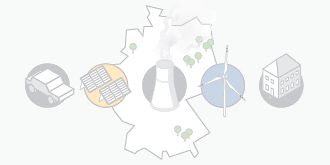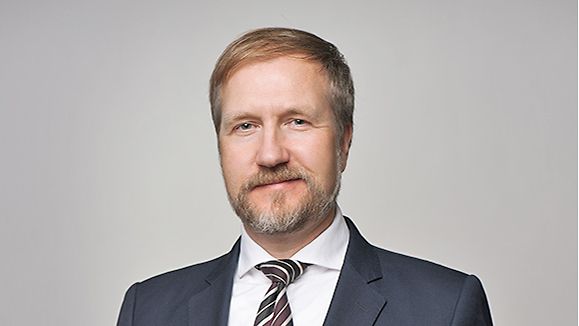Road Map for the Renewable Age

The German Federal Government's "Energy Concept for an Environmentally Sound, Reliable and Affordable Energy Supply" promises to transform energy supply - and provides a road map to a truly genuine "renewable age."
In doing so, it will further consolidate Germany's role as a major energy exchange partner in Europe. Officially launched in fall 2010, Germany's "Energy Concept" is a long-term energy strategy for the period up to 2050. The aims of the plan are ambitious in their sweep but simple in their intent: the securing of a reliable, economically viable and environmentally sound energy supply to make Germany one of the most energy-efficient and green economies in the world. The pressing challenge of sustainable energy provision is one born of long-term global trends and harsh energy truths.
Transforming this energy vision into a renewable energy age reality is one of the greatest challenges of the 21st century, with global demand for energy expected to lead to a dramatic increase in energy prices in the medium to long term. As a result, dependence on energy imports will also increase significantly. This in turn will lead to increased greenhouse gas emissions - the current energy mix accounting for 80 percent of all emissions at present.
The defining activity areas of the Energy Concept set out the establishment of renewable energies as a cornerstone of future energy supply; energy efficiency; the creation of an efficient grid infrastructure for electricity and integration of renewable energy sources; energy upgrades for buildings and energy efficient new buildings; and the country's mobility challenge (one million electric vehicles on the road by 2020 and six million by 2030). As such, the Energy Concept represents a market-driven, technology-neutral framework transforming energy supply.
